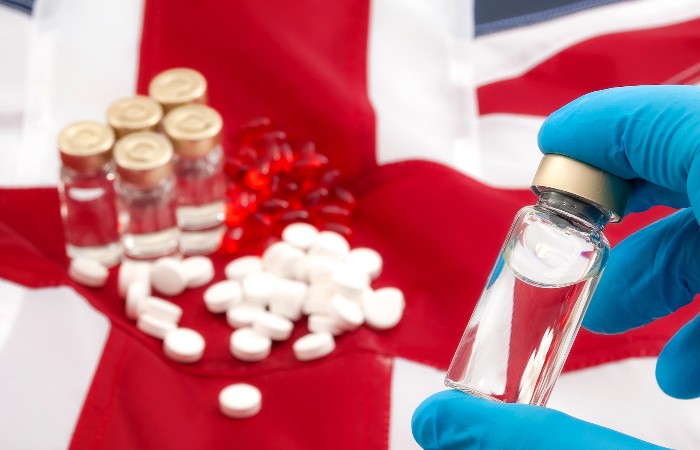Brexit saw eight of 597 UK-authorised medicines passed for NI
In Analysis
Follow this topic
Bookmark
Record learning outcomes
By Neil Trainis
Northern Ireland’s “unique status” in the single market is contributing to a range of medicines being made available in the country but not the UK and vice-versa, according to a study by a major think-tank.
A report by the Nuffield Trust looked at how Brexit has impacted the supply of medicines in the UK over the last six-and-a-half years and found that because Northern Ireland remains part of the European Union’s system of medicines approval and England, Scotland and Wales have “repatriated these previously European routes to work at a national level,” the authorisation of medicines has been “drifting apart.”
The report revealed the Medicines and Healthcare products Regulatory Agency has been “approving a different set of products on opposite sides of the Irish Sea,” with just eight of the 597 products it approved for use in the UK since the start of 2021 authorised for use in Northern Ireland under the same name and company.
“While a case-by-case study would be needed to provide a precise number, this suggests that the number of products now available in Scotland, England and Wales but not Northern Ireland is likely well into triple figures,” the report said, citing generic versions of the Parkinson’s disease drug Ropinirole and the statin rosuvastatin calcium as examples.
Conversely, the MHRA granted 52 products marketing authorisations in Northern Ireland but not the rest of the UK, including many painkillers and forms of Naloxone which reduces or reverses the effects of opioids.
The report also said Brexit has resulted in medicines being approved by the European Medicines Agency but not the MHRA and vice-versa. It revealed “several medicines” approved by the EMA since January 2021 have not been passed by the MHRA for use in the UK.
Nine of 20 medicines approved by the EMA as of November last year were not authorised by the MHRA, although Nuffield Trust said “many of these are likely to be approved later” while some drugs are available to patients in the UK through the Early Access to Medicines Scheme.
Medicines approved in the EU but not the UK include Nulibry which treats a rare disease that causes brain damage called molybdenum cofactor deficiency, Vyvgart (Efgartigimod alfa) which treats myasthenia gravis, an autoimmune disease that causes serious muscle weakness, and Roctavian, a gene therapy used to treat a type of haemophilia.
The report said it was difficult to highlight the products that have been approved by the MHRA but not authorised for use in the EU because “products MHRA approves for Great Britain could be the responsibility of EU member states, not EMA.”
The report also questioned whether more products "will be available in the larger EU market" in future or whether the UK will be able to seize “new opportunities from Brexit with its newfound regulatory freedom, resulting in faster availability."

